News in Brief
-
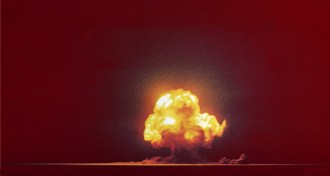 Chemistry
ChemistryNuclear bomb debris can reveal blast size, even decades later
Measuring the relative abundance of various elements in debris left over from nuclear bomb tests can reveal the energy released in the initial blast, researchers report.
-
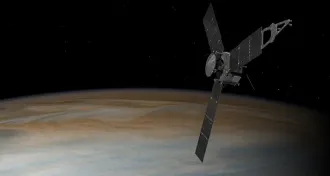 Planetary Science
Planetary ScienceThe Juno spacecraft is now in orbit around Jupiter
NASA’s Juno spacecraft successfully entered orbit around Jupiter, beginning a 20-month investigation of the giant planet’s interior.
-
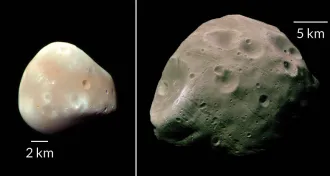 Planetary Science
Planetary ScienceMars once had many moons
Mars' moons might be the only two left of a larger family of satellites that helped them form in the wake of an asteroid collision.
-
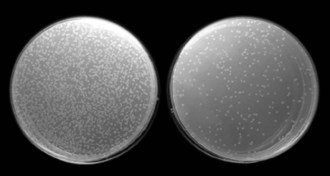 Neuroscience
NeuroscienceRewarding stimulation boosts immune system
Activating feel-good nerve cells boosts mice’s immunity, a new study suggests.
-
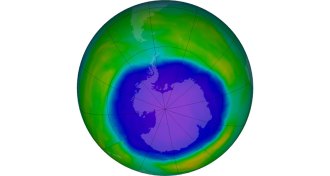 Climate
ClimateDespite volcanic setback, Antarctic ozone hole healing
The September extent of the Antarctic ozone hole has shrunk by about 4.5 million square kilometers since 2000, thanks in large part to the Montreal Protocol.
-
 Climate
ClimateWorld will struggle to keep warming to 2 degrees by 2100
Current plans to curb climate change aren’t ambitious enough to limit global warming below 2 degrees Celsius by 2100, new research shows.
-
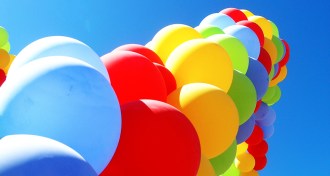 Earth
EarthWinning helium hunt lifts hopes element not running out
A volcanic region of Tanzania contains more than a trillion liters of helium gas, enough to fill 1.2 million medical MRI scanners — or hundreds of billions of balloons, researchers report.
-
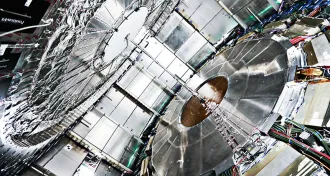 Particle Physics
Particle PhysicsHints of new particle rumored to fade, but data analysis continues
It’s still too early to know whether hints of a new particle are real, CERN scientists say.
-
 Health & Medicine
Health & MedicineIn malaria battle, indoor bug spraying has unintended consequence
Years of spraying indoors may inadvertently have push malaria-spreading mosquitoes to venture outdoors for a bite.
By Susan Milius -
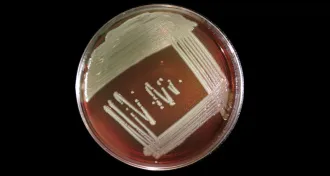 Life
LifeBenign-turned-deadly bacterium baffles scientists
Outbreak of Elizabethkingia continues to grow as disease investigators struggle to find source.
By Laura Beil -
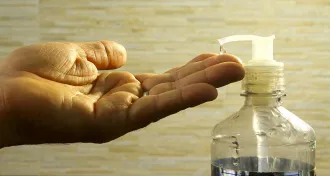 Life
LifeFor cleanest hands, squirt and count to 30
Rubbing hands for 30 seconds is the most effective way to use hand sanitizer, a study of health care workers finds.
By Laura Beil -
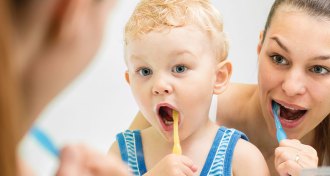 Life
LifeFor tooth decay microbes, many routes lead to kids’ mouths
Mothers aren’t their children’s only source of bacteria that cause dental cavities, new research shows.
By Laura Beil